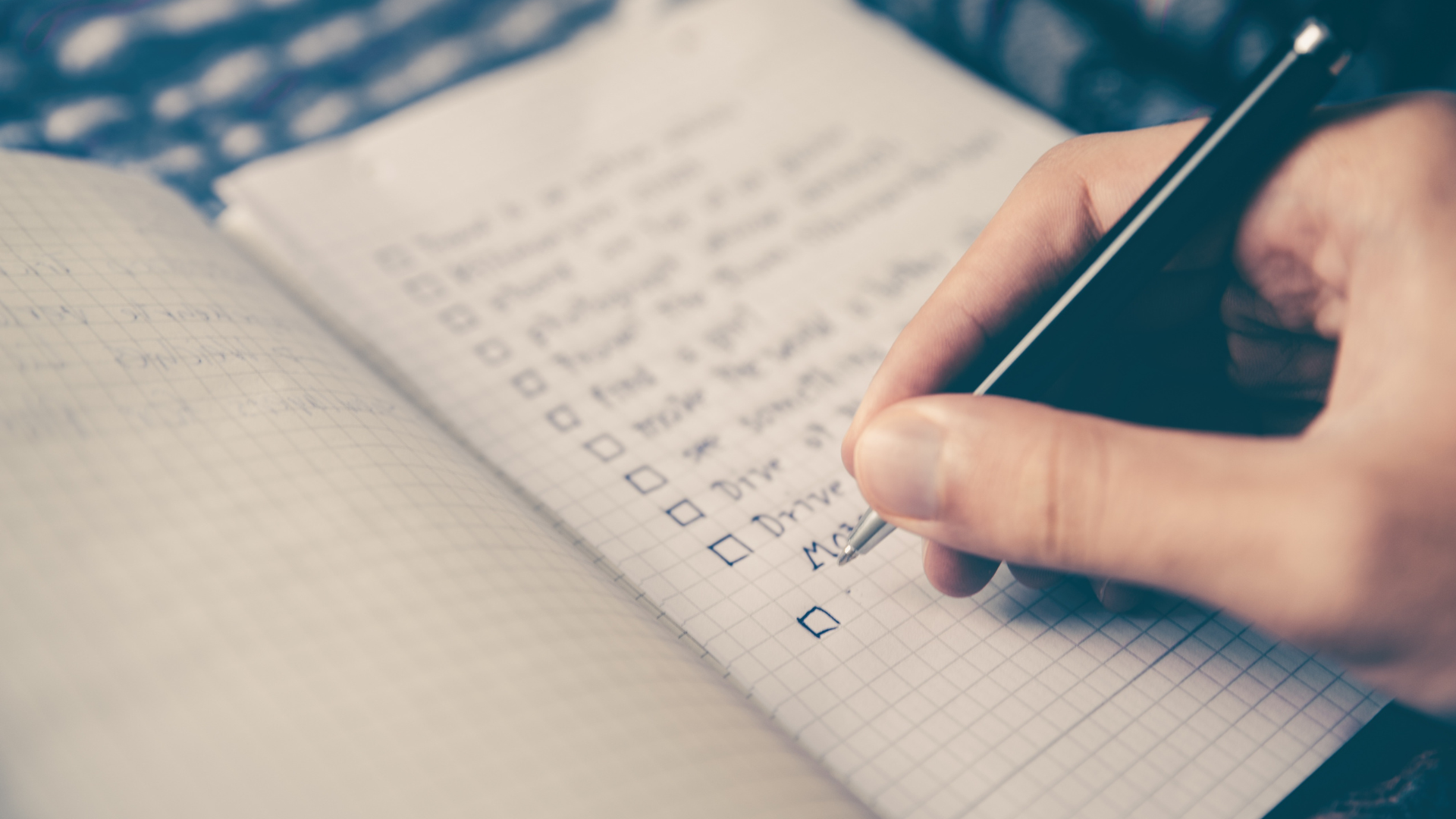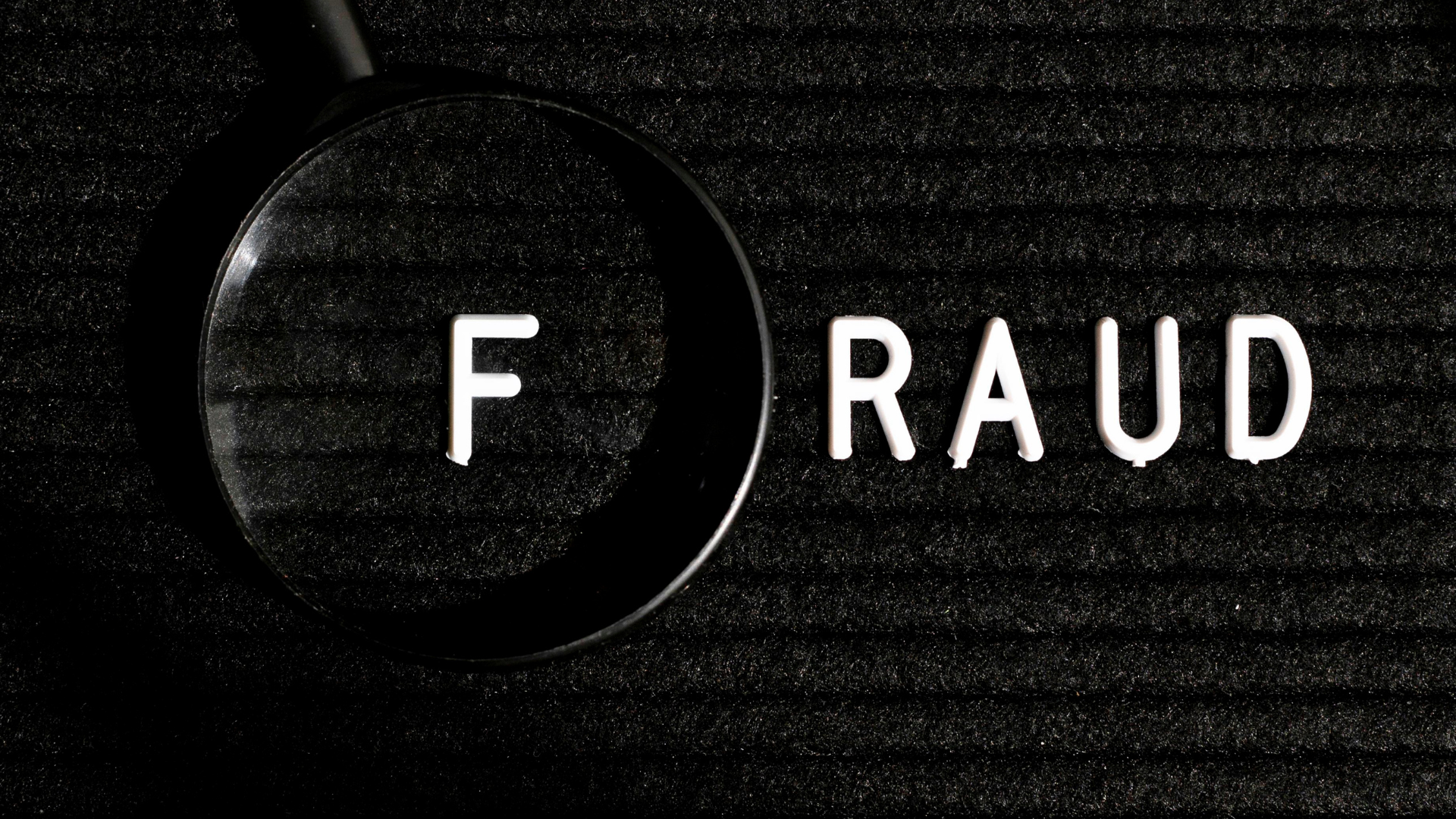Interview preparation is key to landing the perfect job. The tough part about interviews is that a couple of missteps or weird “off the record” type comments could kill your chances at getting the job offer. Below is a basic list things to keep in mind before your next in-person interview.
Pre-Interview Preparation
• Do impeccable research on the company before the interview. Read recent business articles, visit the company’s website, and read a couple recent press releases. This will help if they ask you what you know about the company
• Check regarding appropriate attire as sometimes a suit is overdressing for certain environments. Business professional attire is usually most appropriate unless you really feel comfortable wearing a suit.
• Prepare some questions prior to the interview – some good examples include:
o What one main attribute will make someone successful in this position?
o What are the objectives of this position and what obstacles would prevent me from reaching them?
o What are the short and long term goals set for the person in this position?
o What are your companies’ major competitors and how does the firm look to increase its market share?
Tools to bring with you to the interview:
• Pad of paper and pen for taking notes during the interview and a list of questions to ask.
• Documentation of achievements (letters of recommendation, sample work, print cuts, certifications, etc.).
• Don’t forget to turn off your cell phone!
Interview Tips
• Don’t beat around the bush, keep answers to questions to the point and don’t get tied up with lengthy, unimportant background and details. Be upbeat, positive and sincere. Avoid any negative comments about previous employers.
• Find out what your interviewer wants by asking questions to discover the company’s problems, issues, and needs so you can position yourself as the solution. Example: “What are the biggest challenges facing your company?”
• Encourage the interviewer to share information about the company and what they enjoy most about working there. This will help demonstrate your interest in the company and work culture.
• Focus on listening carefully (taking notes if necessary) and on answering questions in such a way that you are always keeping your interviewer’s requirements and goals in mind. Your answers should reflect how you fit in with this employer’s aims and enhance the employer’s objectives. Focus on your achievements relative to the position.
• Interview Pitfalls To Avoid – Interviewers will tend to look specifically at reasons why they should not hire you versus why they should hire you, so try to avoid the following missteps:
o Lousy non-verbal communication – stand up straight and keep good eye contact
o Compromising your position – participate in the interview as an equal and don’t fall into the rut of just answering questions – make the interview a conversation by following up your answers with questions.
o Rambling – providing too much information to a question is one of the top interview killers so be sure to keep your answers and stories to 60-90 seconds in length and focus on just pertinent information and facts.
o Being overly familiar – a good interviewer will put you at ease but don’t get too loose and let your guard down.
o Getting emotional – at times interviewers will hit a nerve or consciously try to provoke you – don’t fall for it.
o Don’t be too needy – remember the purpose of the interview is to determine if the job is a good fit for you.
Questions employers may ask above and beyond the technical ones:
• Tell me about yourself and your qualifications. Be specific, don’t boast, but sell yourself. Always useful to speak about examples of past achievements when answering specific questions.
• What do you know about our company? This question checks to see if you did your research prior to the interview.
• Describe your present/last position – Likes and dislikes, accomplishments with problem/solution/results approach.
• What are your strengths and weaknesses?
• How do you handle interpersonal disagreements?
• What causes stress for you and how do you handle it?
• How would your last employer evaluate you?
ASK for the job and close the interview:
• If you want the job, express your interest to the manager at the end of the interview.
o Direct Close – I am prepared to accept an offer if you are prepared to extend one.
o Indirect Close – What can I do when I start here to relieve your immediate workload?
Stay tuned for a follow-up on interview myth busters regarding what is appropriate and inappropriate to discuss during an interview.



